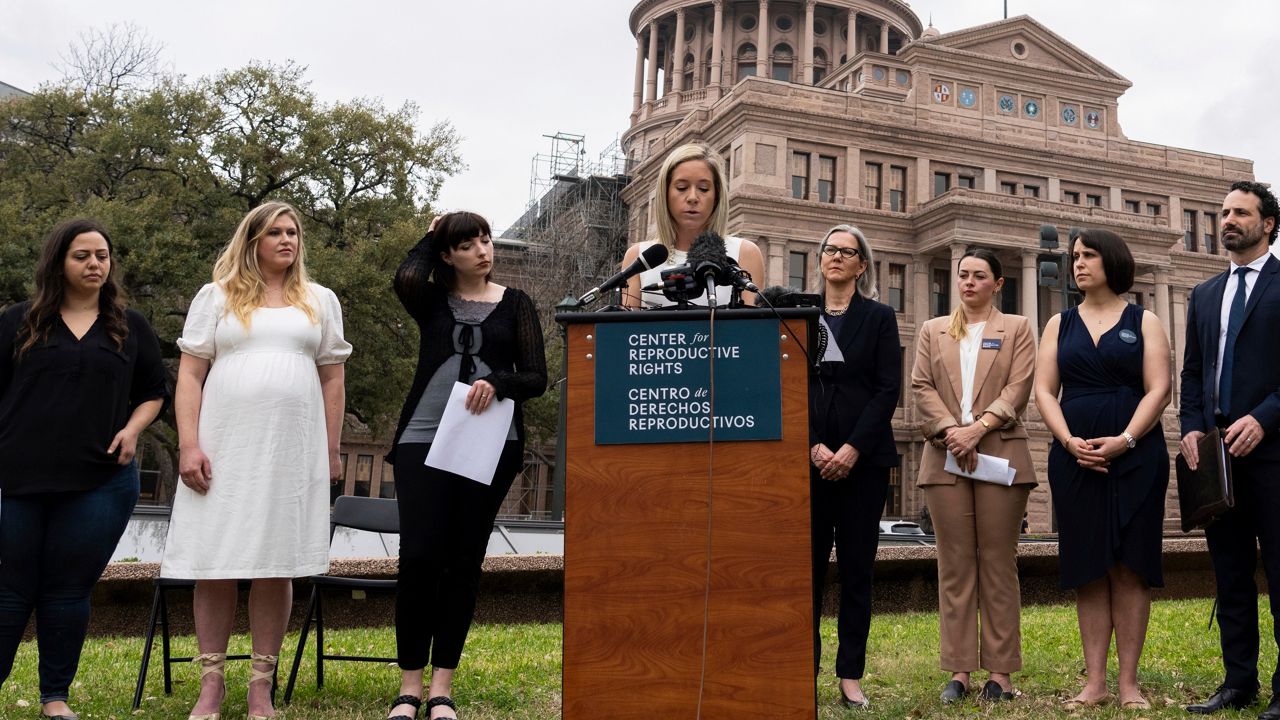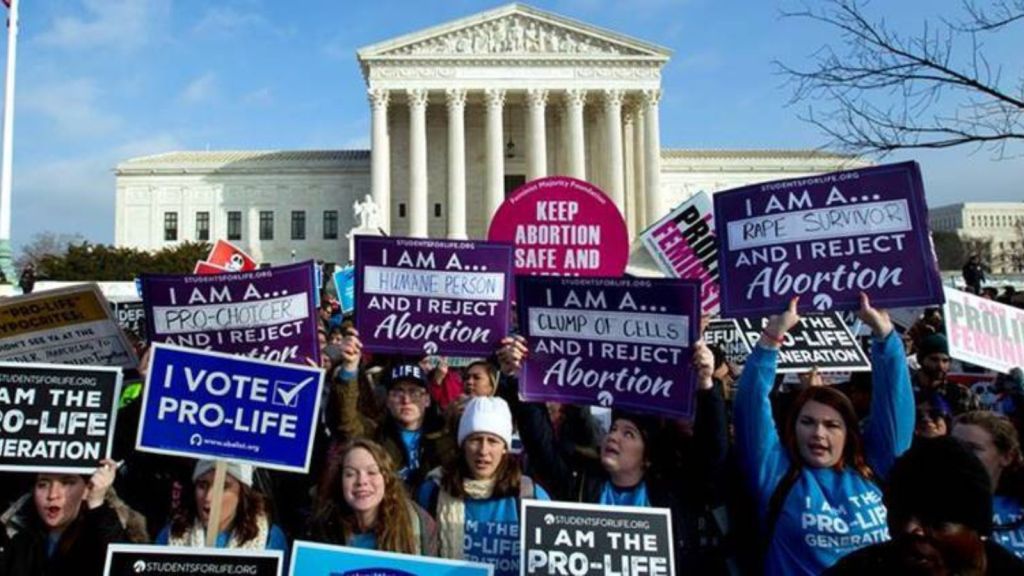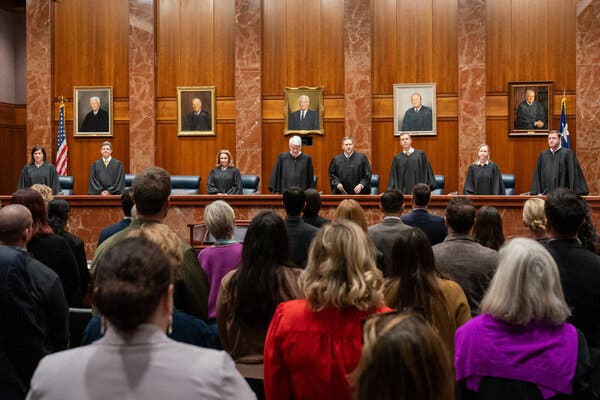The Texas Supreme Court today rejected the arguments made by twenty women who were denied access to abortion care in spite of serious pregnancy difficulties and declined to provide an explanation of the state’s abortion prohibitions’ exceptions. Following the high-profile Zurawski v. State of Texas verdict, doctors are still unsure of the conditions in which they can practice medicine independently and perform abortions without fear of legal repercussions. The Center for Reproductive Rights filed the lawsuit in March 2023 on behalf of two Texas obstetrician-gynecologists as well as the women who were refused access to abortion care despite the hazards to their health, lives, and future fertility.

Molly Duane, senior staff attorney at the Center, stated that “this outrageous ruling clearly demonstrates that Texas’s’medical exceptions’ to its extreme abortion bans just don’t work.” “This decision implies that expectant Texans will persist in experiencing hardships as they will not be able to obtain the critical healthcare they require.”
Preterm pre-labor rupture of membranes (PPROM) and pregnancies with severe developmental issues and no chance of survival were among the complications experienced by the expectant plaintiffs in this case. Refused access to abortion care led to a number of women acquiring potentially fatal infections, some of whom had to travel hundreds of miles outside of their state for medical attention during their medical emergencies, and still others being forced against their will to carry their pregnancy to term and give birth to babies who either died soon after or were stillborn.
The Court’s Decision Disregards the Pregnant Patients’ Case Filing
The Court mostly disregards the women who filed the complaint yet were refused access to abortion services in its decision. According to the verdict, unless the pregnant patient also has a life-threatening ailment, abortions are not allowed in cases where the fetus has a fatal condition and will not survive. Additionally, the Court rejected arguments that patients’ constitutional rights to life and health protection are violated by the Texas legislation. The Court made it clear that there can be exceptions for life-threatening illnesses like PPROM, but it would not specify when this would happen in the course of a patient’s rapidly failing health.
A Texas district judge’s August 2023 injunction, which had prohibited the state’s abortion laws and permitted abortions in cases of serious pregnancy problems and terminal fetal diagnosis, was also overturned by the court. The judge’s decision was quickly challenged by the state, preventing it from going into force just a few hours after the opinion was released.
“This decision completely fails to give Texas doctors the certainty they require regarding when they can treat patients with severe pregnancy problems with an abortion without running the danger of going to jail. The Center’s president and CEO, Nancy Northup, added salt to injury by saying, “The opinion erases the women we represent as though their pain and experiences didn’t exist or matter.”

Principal Learnings from the Decision:
- Doctors are left without clarity on when they can provide abortion care for patients in many dire medical situations.
- Abortions are not permitted for lethal fetal conditions.
- Doctors may perform abortions for life-threatening conditions like preterm premature rupture of membranes (PPROM).
- Pregnant Texans will continue to suffer because they can’t access needed medical care.
The case’s principal plaintiff, Amanda Zurawski, became infected with a potentially fatal sepsis after being refused access to abortion care. Her future fertility was impaired by the virus. -©SPLASHCinema, the Center for Reproductive Rights Lead plaintiff Amanda Zurawski, who had PPROM during her pregnancy, lost her daughter, and nearly passed away from sepsis, expressed her fury on behalf of the other plaintiffs who the court decided were not sick enough. “Our courts ought to recognize the depth of our sorrow and defend our inalienable right to reproductive liberty. Zurawski went on, “We shouldn’t have to beg elected officials for the ability to control our own bodies.”
Withour protections form the court, it is now up to the Texas Medical Board or the legislature to provide the clarity doctors need.
Texas’s Abortion Laws Dissuade Medical Professionals from Offering Medically Necessary Care
Despite the fact that Texas has laws against abortion that include an exception for the life and health of the pregnant woman, the state’s hostile abortion environment has made doctors reluctant to rely on this provision. Pregnant women and medical professionals across the state are fearful and confused as a result of these severe restrictions that make abortion illegal.
In addition to a minimum $100,000 fine and a maximum 99-year jail sentence, physicians found to have violated Texas’s abortion regulations risk having their state medical licenses revoked. Doctors in Texas are being discouraged from offering their patients abortion care, which is a vital and life-saving procedure that is essential for addressing numerous hazardous pregnancy problems, due to the legal dangers involved and the vague language of the restrictions. The first lawsuit on behalf of women refused abortions since the U.S. Supreme Court struck down the constitutional right to an abortion and made it possible for states to outright forbid the procedure is Zurawski v. State of Texas.
“As women all around the nation are learning, pregnancy is perilous in any state where abortion is illegal, and exceptions to the prohibition are illusory. Northup continued, “Doctor’s should handle pregnancy complications, not courts and politicians.” “We are incredibly proud of the women in this case for opposing Texas’ unfair legislation. We are currently evaluating what, if anything, remains of our clients’ claims in this case and will keep pursuing every legal opportunity to remedy the suffering occurring in Texas.
The Center for Reproductive Rights has brought legal action and filed complaints in multiple states on behalf of numerous women who were refused access to abortion care despite severe complications, as well as doctors who are prevented from providing their patients with the medically required abortion care due to severe criminal, financial, and professional penalties.

